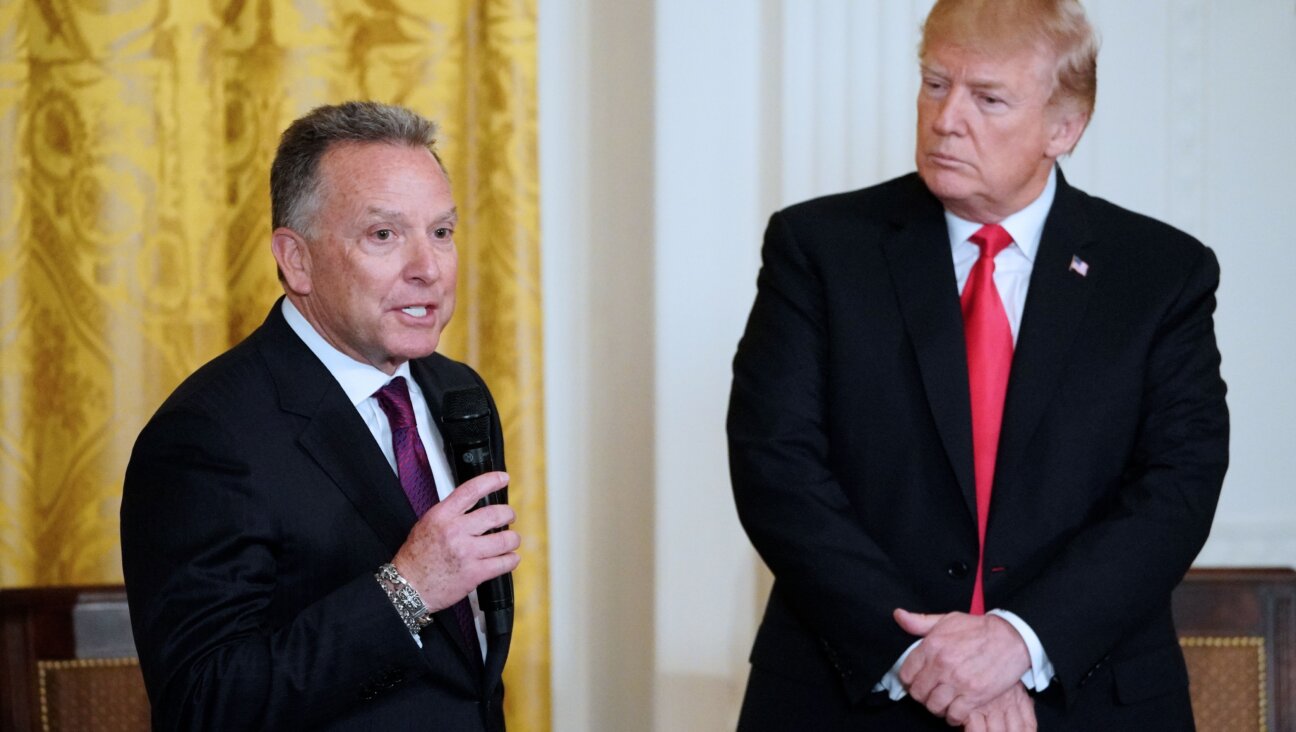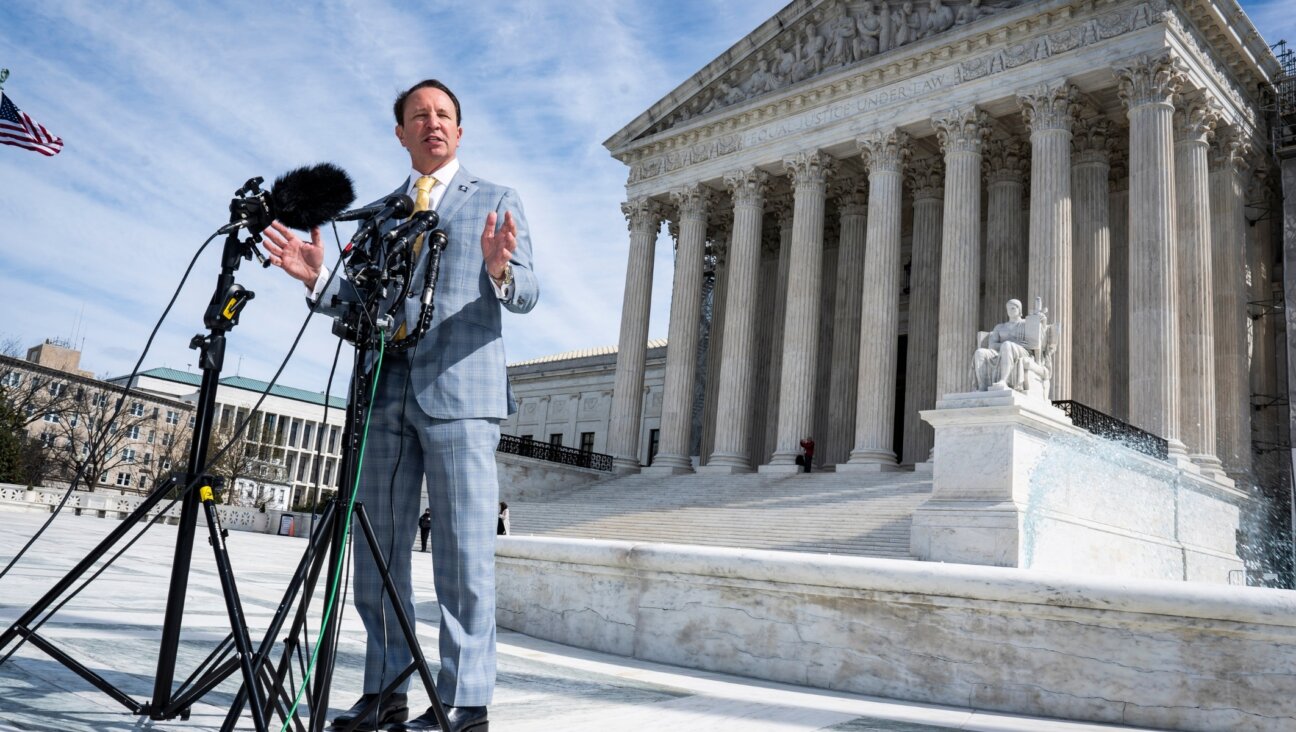3 Dead as Egypt Army Opens Fire on Islamists
Security forces shot dead at least three supporters of deposed Egyptian President Mohamed Mursi on Friday as a crowd of hundreds tried to march towards the military barracks in Cairo where he is being held by the military that overthrew him.
Thousands of Mursi supporters demonstrated in cities across the country on what his Muslim Brotherhood called a “Friday of rage” against what they describe as a military coup that toppled Egypt’s first elected leader a year after he took office.
A witness told Reuters he saw several people fall to the ground, wounded by shotgun pellets. Security sources told Reuters at least three demonstrators were killed when security forces opened fire.
Thousands of Islamists also took to the streets of Alexandria and Assiut to protest against the army’s ouster of Mursi and reject a planned interim government backed by their liberal opponents.
In the Suez city of Ismailia, soldiers fired into the air as Mursi supporters tried to break into the governor’s office. The Islamists retreated and there were no casualties, security sources said.
Egypt’s liberal coalition issued an “urgent call” for its supporters to take to the streets in response to Islamist protests, raising the risk of clashes between the rival groups.
In Damanhour, capital of the Beheira province in the Nile Delta, 21 people were wounded in violence between the factions.
Ehab el-Ghoneimy, manager of the Damanhour general hospital said three people had been wounded with live bullets, others were wounded with birdshot, rocks, or had been hit with rods.
Hoda Ghaneya, a leading female figure in the Brotherhood’s Freedom and Justice Party (FJP) political arm, said she and two of her sons accompanying her at a Cairo rally after Friday prayers were ready to sacrifice themselves to the cause.
“We will die not as a sacrifice for Mursi, but so the Egyptian people recover their freedom,” she told Reuters near the Rabaa Adaweya mosque in a Cairo suburb that has been the centre of Islamist protests in the last few days.
Dozens of people were wounded in clashes in Mursi’s Nile Delta home city on Thursday, raising fears of more of the violence in which several dozen have died in the past month.
In the Sinai Peninsula near Israel, gunmen fired rocket-propelled grenades at army checkpoints guarding an airport and rocketed a police station near the border with the Palestinian territories. One soldier was killed and two wounded, a security source said.
An army spokesman said the army in the Sinai Peninsula was “on alert”. He denied an earlier report by state-owned media Al-Ahram that a state of emergency had been imposed in the South Sinai and Suez provinces, which had caused a spike in oil prices from international markets on edge over the unrest.
ANGER ON THE STREETS
How the army deals with any unrest on Friday and beyond will help determine future support for Cairo from the United States and other international powers.
Concern that the generals have staged a military coup against Mursi has left Washington reviewing the $1.5 billion in mostly military aid it annually gives Egypt.
U.S. law bars aid for countries where the military has toppled an elected government in a coup. Washington has so far avoided using that label.
In the skies above the teeming city, the airforce staged fly-pasts, with jets leaving red, white and black smoke streams – representing the Egyptian flag – behind them in a show of force the military has employed frequently since Mursi’s ouster.
A military source said: “We will continue to secure the places of protest with troops, and jets if necessary, to make sure the pro- and anti-Mursi demonstrators don’t confront each other. We will let them demonstrate and go where they want.”
Mursi’s political opponents insist there was no coup.
Rather, the army heeded the “will of the people” in forcing the president out. Millions rallied on Sunday to protest over a collapsing economy and political deadlock, in which Mursi had failed to build a broad consensus after a year in office.
A message from our CEO & publisher Rachel Fishman Feddersen

I hope you appreciated this article. Before you go, I’d like to ask you to please support the Forward’s award-winning, nonprofit journalism during this critical time.
At a time when other newsrooms are closing or cutting back, the Forward has removed its paywall and invested additional resources to report on the ground from Israel and around the U.S. on the impact of the war, rising antisemitism and polarized discourse.
Readers like you make it all possible. Support our work by becoming a Forward Member and connect with our journalism and your community.
— Rachel Fishman Feddersen, Publisher and CEO























